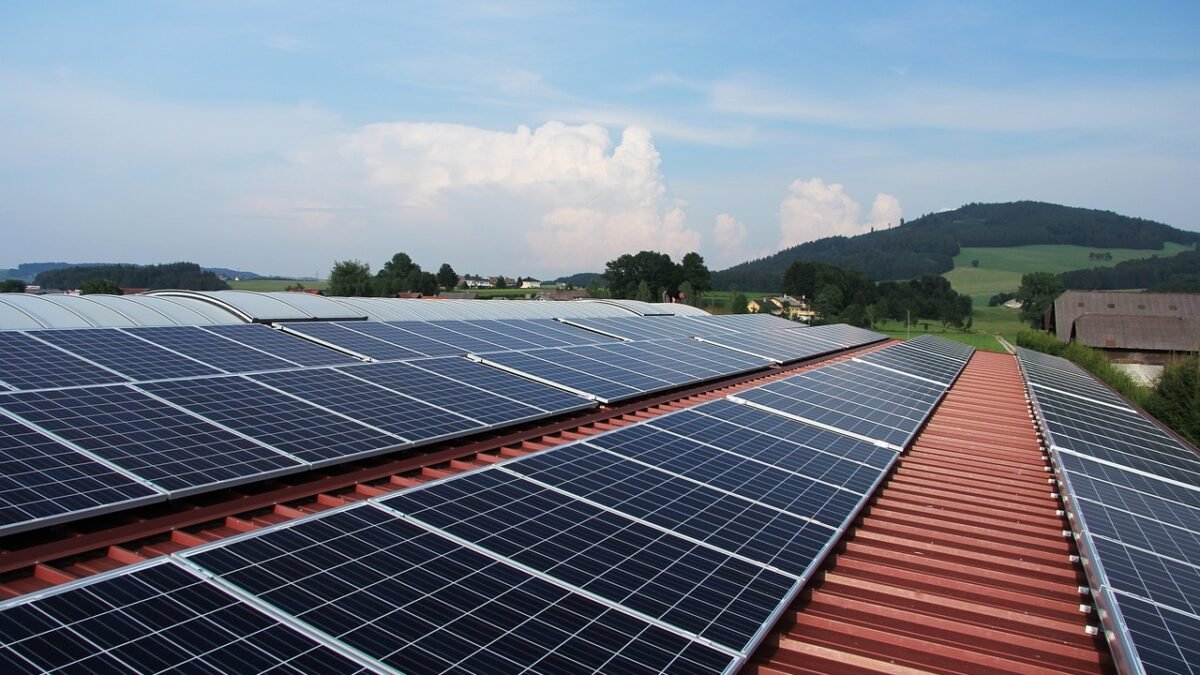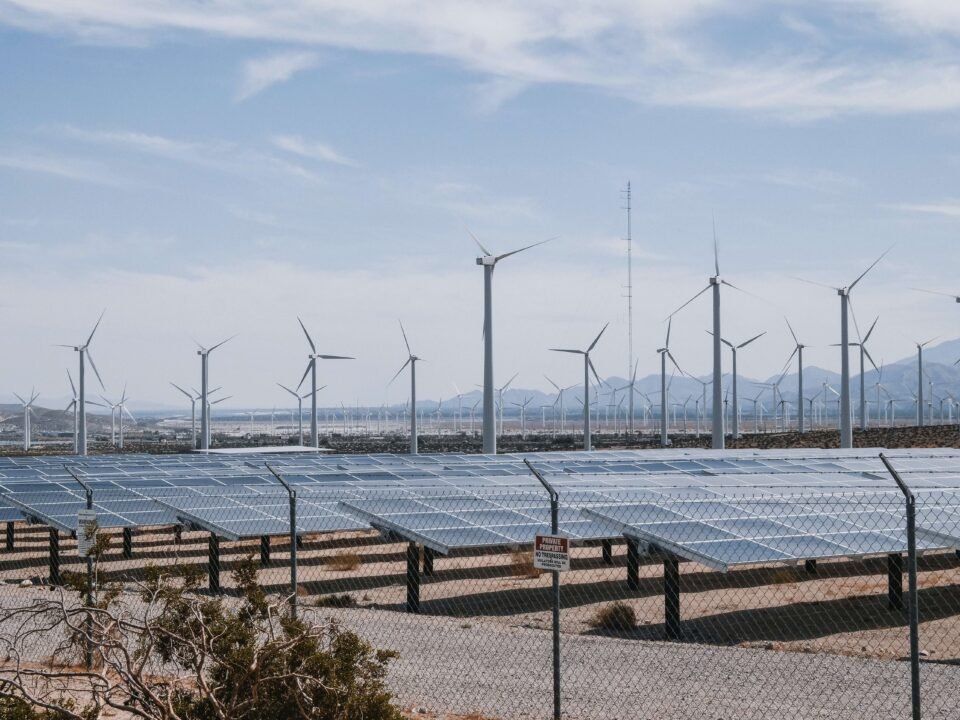As energy costs rise, many are turning to solar energy as a sustainable and cost-effective alternative. Solar energy harnesses sunlight through photovoltaic (PV) cells, converting it into electricity or heat. With advancements in technology, It has become more efficient and accessible, making it an ideal choice for reducing energy bills and environmental impact.
Financial Benefits of Solar Energy
1. Lower Electricity Bills
Solar panels reduce reliance on grid electricity, potentially cutting energy bills by 50% or more.
2. Tax Incentives and Rebates
Governments offer tax credits and rebates to encourage solar adoption, significantly lowering initial costs.
3. Increased Property Value
Homes with solar systems attract buyers due to lower energy costs and environmental benefits, boosting property values.
4. Protection Against Rising Costs
Solar energy provides predictable energy costs, shielding users from fluctuating utility prices.
Environmental Advantages
1. Reduced Carbon Emissions
Solar energy generates clean electricity, minimizing greenhouse gas emissions and combating climate change.
2. Conservation of Natural Resources
Unlike fossil fuels, solar relies on sunlight, a renewable resource, ensuring long-term sustainability.
3. Less Water Usage
Solar systems, particularly PV panels, require minimal water, unlike traditional power plants that consume vast amounts.
How Solar Energy Works
- Photovoltaic Effect: PV cells in solar panels convert sunlight into direct current (DC) electricity.
- Inverter Conversion: Inverters change DC electricity into alternating current (AC) for home use.
- Energy Storage and Grid Integration: Excess energy can be stored in batteries or fed back to the grid through net metering.
Addressing Barriers to Solar Adoption
1. High Initial Costs
Financing options, tax incentives, and solar leases make solar more affordable.
2. Weather Dependency
Solar panels work even on cloudy days, and batteries store energy for nighttime use.
3. Maintenance Concerns
Solar panels are durable and require minimal upkeep, such as occasional cleaning.
Choosing the Right Solar System
- Energy Needs: Assess energy usage to determine the required system size.
- Roof Condition: Ensure the roof is suitable for panel installation and sunlight exposure.
- Budget and Incentives: Leverage incentives to reduce costs.
- Reputable Installer: Select a certified installer for a quality setup.
The Future of Solar Energy
Innovations like solar roof tiles, high-efficiency panels, and advanced battery storage are driving solar adoption. As technology evolves, solar energy’s role in renewable energy transitions will grow.
Final Thoughts
Solar energy offers a sustainable way to cut energy bills while reducing environmental impact. By investing in solar, you reduce dependence on fossil fuels and secure long-term savings. With available incentives and advancing technologies, now is the perfect time to switch to solar energy. Harness the sun’s power and take control of your energy future today!




